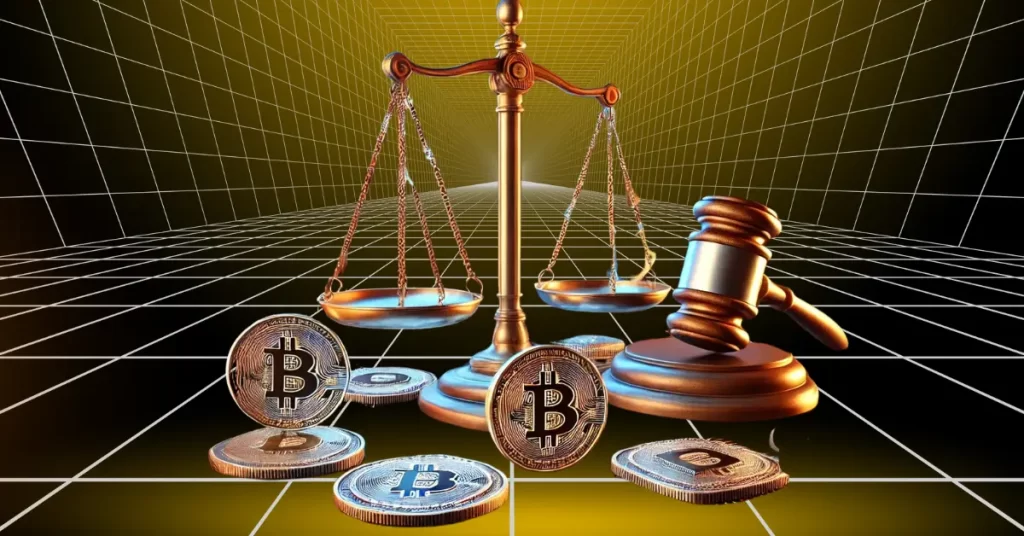Philippines Cracks Down: New Crypto Listing Rules Shake Up Digital Asset Markets
The Philippines just dropped a regulatory hammer on crypto exchanges—and traders are bracing for impact.
No more free listings: The Securities and Exchange Commission (SEC) now requires exhaustive disclosures for every token hitting local platforms. Forget 'move fast and break things'—this is 'move slow and prove everything.'
Compliance or die: Projects must now submit audits, whitepapers, and team KYC details just to get listed. One exchange exec muttered about 'innovation tax' before remembering his lawyers were listening.
Silver lining? The rules could weed out pump-and-dump schemes—assuming the bureaucracy doesn’t strangle legit projects first. Because nothing says 'financial revolution' like triple-notarized paperwork.
Meanwhile, Bitcoin barely blinked at the news. Because of course it didn’t—governments keep trying to tame crypto, while crypto keeps treating regulations like a minor speed bump on the way to ATHs.

The Philippines has introduced a comprehensive framework for the, establishing a twin-regulator model to govern token activities, licensing, and investor protections. The framework sets clear rules for token classification, VASP licensing, and key compliance obligations.
Twin Regulatory Model for Crypto Tokens
The new framework adopts a, with both theand theplaying crucial roles:
- BSP (Bangko Sentral ng Pilipinas)
Oversees Virtual Asset Service Providers (VASPs), ensuring that activities such as exchange, transfer, and custody comply with consumer protection and AML/CFT standards. - SEC (Securities and Exchange Commission)
Regulates tokens classified as securities under the Securities Regulation Code (SRC). It ensures proper registration or exemption of token offerings and listings.
Key Laws Impacting Crypto Token Listings
The regulatory framework incorporates several legal provisions affecting token issuance and operations:
- BIR Revenue Memorandum Circulars 94-2014 & 85-2018
Treats crypto assets as property, applying capital gains (6%), income, and business taxes. - RA 10173 – Data Privacy Act
Applies to crypto exchanges and token issuers collecting personal data. - RA 10175 – Cybercrime Prevention Act
Targets cybercrime, fraud, and other illegal activities in the crypto space with strict penalties.
VASP Licensing and Obligations
VASPs operating in the Philippines must secureand comply with strict requirements:
- Licensing Conditions
Includes capital requirements, governance structure, cybersecurity standards, and consumer protection measures. - Operational Obligations
Mandatory risk scoring, KYC, AML compliance, and token classification analysis. - Transaction Monitoring
Exchanges must implement Travel Rule-compliant transmissions (as per FATF Recommendation 15) for crypto transfers over US$1,000.
Penalties for Non-Compliance
The framework imposesfor failing to meet regulatory standards:
- SEC Non-Compliance
- Fines up to ₱5 million
- Additional ₱2,000 per day for continuing violations
- 7–21 years imprisonment for wilful false statements
- Fines up to ₱5 million
- BSP Circular 118 Violations
- License suspension or revocation
- Fines up to three times the transaction value
- License suspension or revocation
- AML Violations
- ₱5 million administrative fine
- Up to 14 years imprisonment
- ₱5 million administrative fine
- Data Privacy Violations
- Fines between ₱500,000 to ₱5 million per act
- 1–6 years imprisonment for misuse of sensitive data
- Fines between ₱500,000 to ₱5 million per act
Final Thoughts
The Philippines’ new crypto token listing framework sets afor token classification, VASP licensing, cross-border trading, and exchange compliance. It emphasizes,, and, positioning the country as ain Southeast Asia.

